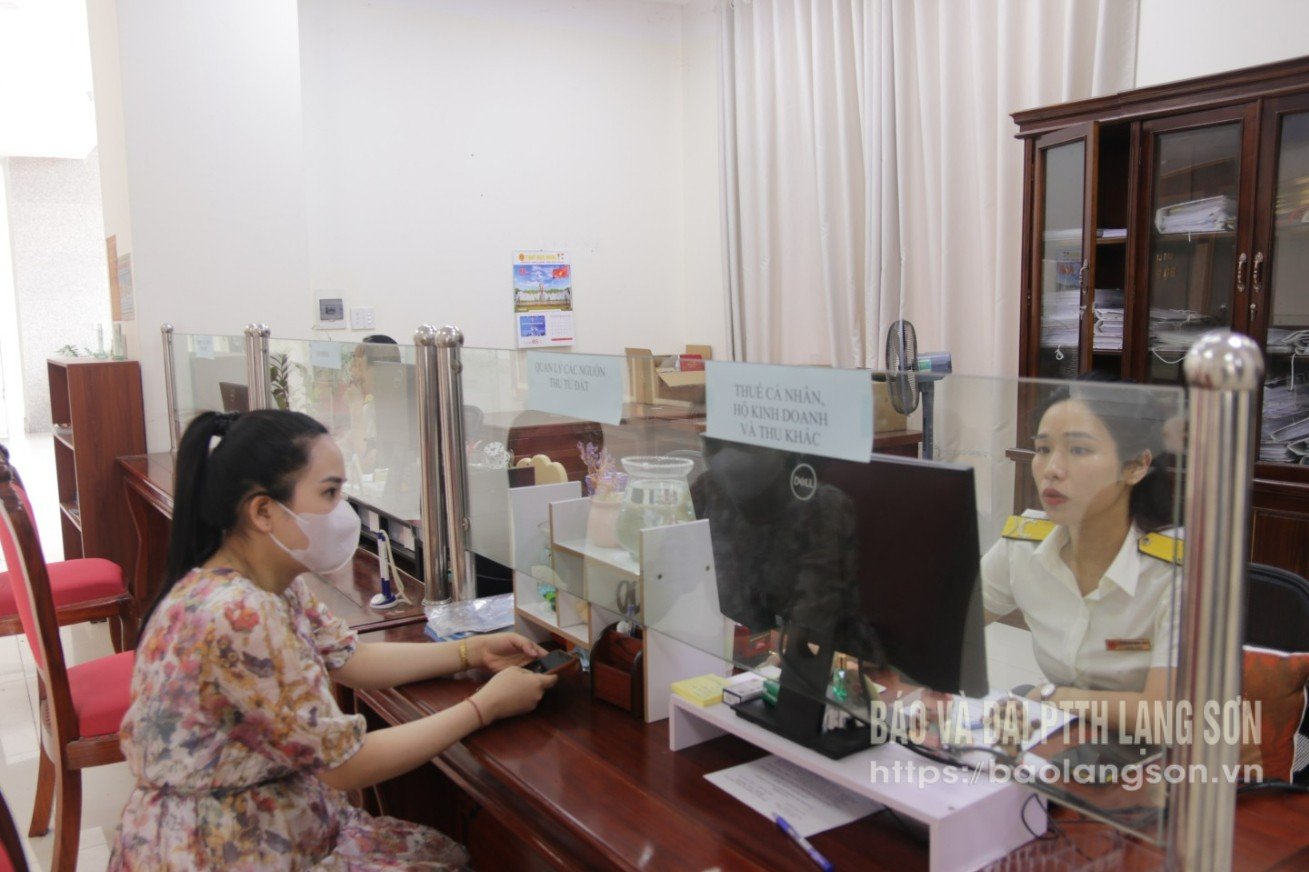
To improve the effectiveness of tax management for business households, the tax sector has been implementing many synchronous and drastic solutions. The highlight in recent times is the application of electronic invoices generated from cash registers connected to transfer data to tax authorities (e-invoices from cash registers).
Deploy electronic invoices from cash registers
Ms. Nguyen Thu Hoa's household, Hoa Binh Street, Loc Binh Town, Loc Binh District, has been trading in a number of items since 2002. Previously, customers who came to buy goods at the store mainly used cash and did not need to get invoices, so the store did not issue invoices. From June 1, 2025, after the new regulations on electronic invoices from cash registers, with the propaganda and guidance of the tax authority, her family installed and successfully registered to apply electronic invoices from cash registers.
Along with Ms. Hoa's family, many other households in Loc Binh district have applied electronic invoices from cash registers in accordance with regulations. Mr. Chu Hai Minh, Head of the Individual and Business Household Management Team, Inter-District Tax Team Region II (in charge of Loc Binh and Dinh Lap districts) said: The application of electronic invoices from cash registers has been implemented by the unit since 2023. To implement this content, the unit has assigned specific tasks to each officer and civil servant to organize the review and classification of business households subject to the application of electronic invoices from cash registers; organize work, propagate to business households the regulations on the application of electronic invoices from cash registers as well as support and guide business households to carry out the application steps in accordance with regulations.
As a result, in 2023 and 2024, in Loc Binh district, 29 business households registered and used electronic invoices from cash registers. In 2025, after Decree 70 dated March 20, 2025 of the Government on amending and supplementing a number of articles of Decree 123 dated October 19, 2020 of the Government regulating invoices and vouchers, the tax authority continued to review and work with business households to promote and guide the application of electronic invoices from cash registers. As a result, in 2025, in Loc Binh district, there were 15 more households applying electronic invoices from cash registers, of which 5 households were required to register for implementation, 10 households voluntarily registered to implement electronic invoices from cash registers.
According to Article 11, Decree 70/2025/ND-CP dated March 20, 2025 of the Government on amending and supplementing a number of articles of Decree No. 123/2020/ND-CP dated October 19, 2020 of the Government regulating invoices and documents, it is stipulated that: Business households and business individuals as prescribed in Clause 1, Article 51 with annual revenue of VND 1 billion or more, Clause 2, Article 90, Clause 3, Article 91 of the Law on Tax Administration No. 38/2019/QH14 and enterprises with activities of selling goods and providing services, including selling goods and providing services directly to consumers (commercial centers, supermarkets, retail of some goods, food and beverage, restaurants, hotels, passenger transport services, art services, entertainment...) use electronic invoices generated from cash registers connected to transfer data. electronically with tax authorities. |
The implementation of electronic invoices from cash registers is a solution to provide invoices connected to tax authorities to manage the actual revenue of sellers and create equality among taxpayers. In addition, buyers receiving electronic invoices from cash registers have a legal basis to bind the seller's responsibility for the origin and quality of goods and services... Therefore, together with Loc Binh district, implementing the Law on Tax Administration as well as related tax regulations, tax authorities in districts and cities in the province have also focused on promoting the work of reviewing, classifying, propagating, supporting and guiding taxpayers to apply electronic invoices from cash registers. According to data from tax authorities, up to now, in the province, 294/401 business households subject to applying electronic invoices from cash registers have registered to declare and use electronic invoices from cash registers. Currently, tax authorities are continuing to promote reviewing, propagating and guiding business households to apply electronic invoices from cash registers in accordance with regulations.
Effective exploitation of revenue sources
Along with promoting the application of electronic invoices from cash registers, tax authorities continue to synchronously deploy other solutions to further improve the effectiveness of tax management for business households. Typically, the management of the number of business households.
In previous years, due to the impact of the COVID-19 pandemic, production and business activities were difficult, and many business households had to temporarily suspend operations. Immediately after the pandemic was controlled and production and business activities gradually recovered, the tax authorities proactively organized inspections and reviewed the operations of each unit, thereby promptly putting business households under tax management.
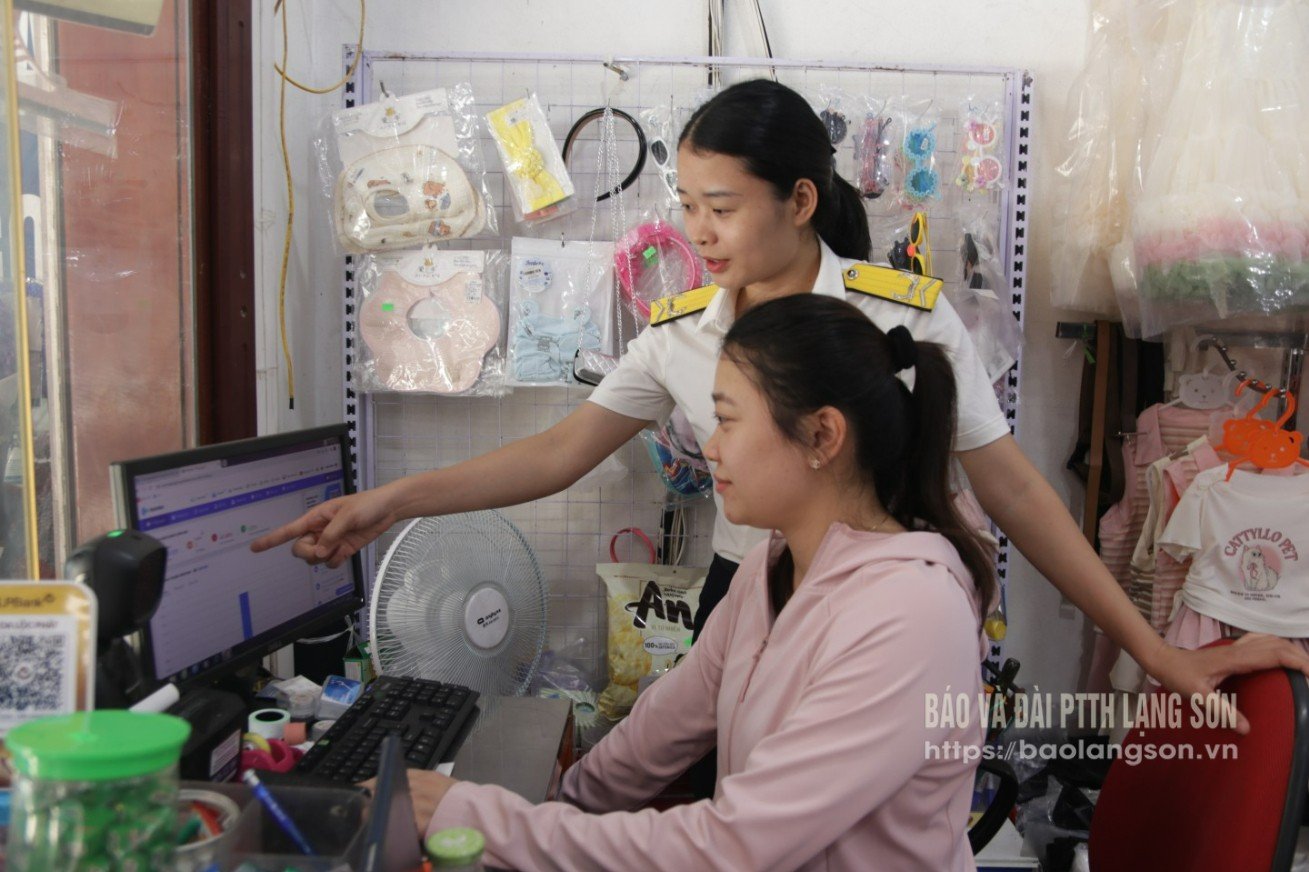
Mr. Duong Minh Tuan, Head of the Inter-District Tax Team, Region II, said: In order to improve the effectiveness of tax management for business households, the tax authority proactively coordinates closely with specialized departments and offices of the two districts, the People's Committees of communes and towns in inspecting, reviewing, and grasping the actual production and business activities of business households as well as the establishment of new business households. From there, determine the operating status, revenue sources, and specific revenue of business households to have a basis for tax management in accordance with regulations. Currently, the Inter-District Tax Team, Region II, is managing over 900 business households (including households that pay taxes and declare to the tax payment threshold), an increase of over 100 households compared to the beginning of 2024. Through the first 5 months of 2025, the tax collected from business households in the area was nearly 3.5 billion VND, an increase of more than 10% over the same period in 2024.
Similarly, the Inter-District Tax Team of Region I (in charge of Chi Lang and Huu Lung districts) has proactively implemented synchronous solutions to improve the effectiveness of tax management for business households. As a result, the Inter-District Tax Team of Region I is currently managing nearly 3,000 business households, an increase of nearly 400 households compared to the same period in 2024 (of which nearly 1,300 households have reached the tax payment threshold).
Along with the above-mentioned areas, tax management teams in other districts and cities have proactively implemented synchronous solutions such as: strengthening coordination with relevant agencies to inspect and review production and business situations; grasping data related to newly established business households; propagating and guiding business households to declare taxes... Thereby, by the end of May 2025, tax authorities in the province managed 13,403 business households (including 12,579 contracted households, 824 declared households), an increase of about 1,000 households compared to 2022.
In addition to strictly managing the number of business households, the tax sector continues to synchronously deploy other solutions to improve the effectiveness of tax management for business households such as: deploying business household tax management software, integrating data with relevant agencies; focusing on implementing the project "Innovation, improving the quality of management for business households"; strengthening coordination in implementing management measures, preventing revenue loss for business households; deploying the function of digital business household maps; propagating and guiding the implementation of electronic tax application on mobile devices (eTax Mobile), thereby by the end of May 2025, 8,097 individuals had successfully registered, including 6,789 tax payment transactions via eTax Mobile; strengthening the implementation of tax management solutions for business households in forms such as: managing tax rate revenue, managing input invoices, organizing cross-checking of business households in localities...
With synchronous and drastic solutions implemented, it has significantly contributed to the revenue from business households. In the first 5 months of 2025, revenue from business households in the province was 35 billion VND, an increase of 14% over the same period in 2024.
Mr. Nguyen Van Dieu, Deputy Head of the Tax Department of Region VI, said: In the past 2 years, the collection results from the non-state sector in general, including business households, have had clear changes. This has contributed significantly to the overall domestic revenue results in the province. However, in addition to the achieved results, the collection management for business households still has certain shortcomings and limitations. Therefore, in the coming time, the tax authority will continue to implement solutions to gradually overcome these, thereby further improving the effectiveness of tax management for business households in the area.
With the results achieved and the solutions that have been and are being implemented, we believe that in the coming time, tax management for business households in the province will continue to achieve more positive results. Thereby creating a large and stable source of revenue to contribute significantly to the overall budget revenue results in the province.
Source: https://baolangson.vn/quan-ly-chat-nguon-thu-tu-ho-kinh-doanh-5050393.html



![[Photo] General Secretary To Lam works with the Standing Committee of Quang Binh and Quang Tri Provincial Party Committees](https://vphoto.vietnam.vn/thumb/1200x675/vietnam/resource/IMAGE/2025/6/25/6acdc70e139d44beaef4133fefbe2c7f)




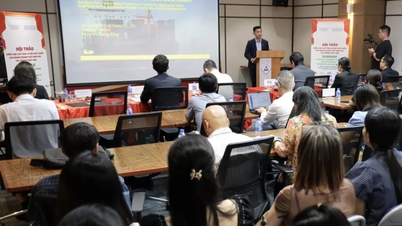


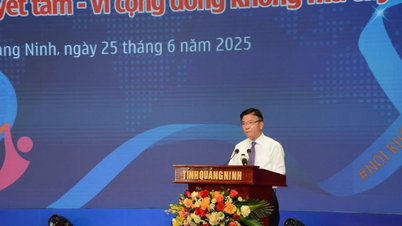



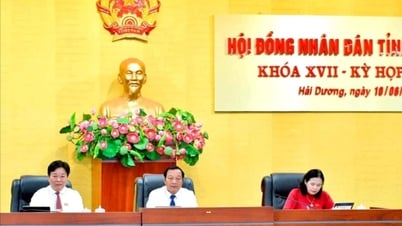





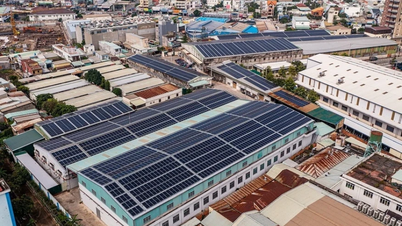
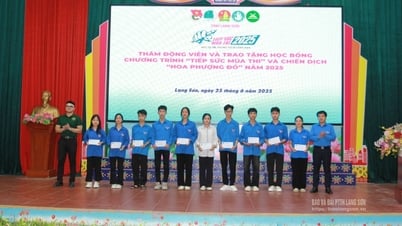


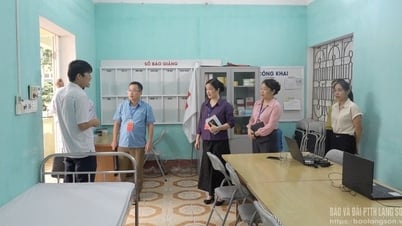




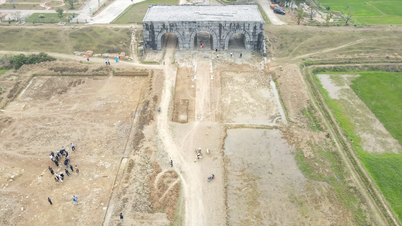




















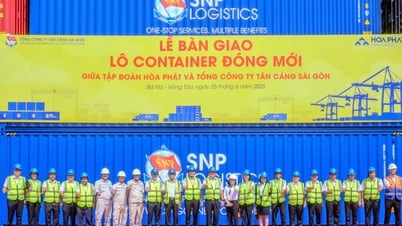


















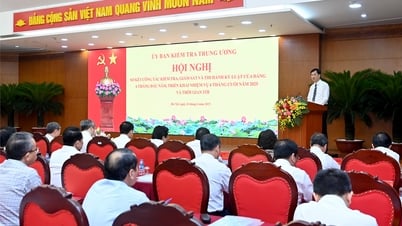

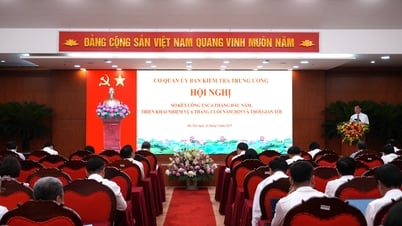









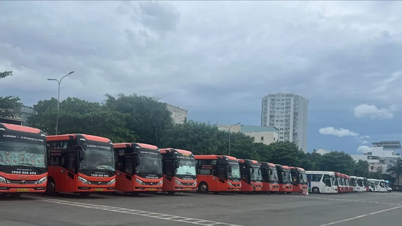



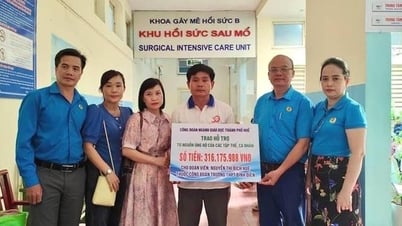

















Comment (0)